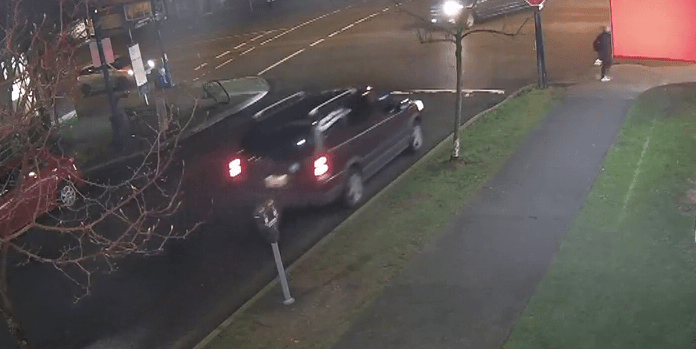The defence has begun its closing arguments in the trial of a man accused in a Vancouver gang hit that resulted in the death of an innocent teenager. Alfred Wong was killed by a stray bullet in January 2018 while riding in his parents’ car in Vancouver. Kane Carter, the accused, has pleaded not guilty to two counts of second-degree murder in the incident, which also left Kevin Whiteside dead and another bystander injured. The Crown alleges that Carter was in Vancouver to murder Whiteside, who was allegedly in the same area to kill a rival gang member. The defence emphasized to the jury the need to weigh the evidence without sympathy or prejudice and be sure that the proof provided is beyond a reasonable doubt.
The defence argued that just because the accused has a history of bad behavior does not automatically mean he is guilty in this case. The defence did not call any evidence during the trial and believes that there are too many gaps in the Crown’s evidence for the jury to be certain that Carter fired the deadly shots. The Crown’s case is built mainly on circumstantial evidence, alleging that Carter was in a burgundy van across the street, captured on surveillance video leaving the scene. The Crown argues that the van matches the one found at Carter’s apartment complex, containing evidence linking Carter to the crime. However, the murder weapon was never recovered and no witnesses saw who pulled the trigger. The defence disputes many of the Crown’s assertions about Carter’s conduct after the shooting.
The Crown also pointed to Carter’s actions after the shooting, such as changing his phone number and buying a one-way flight to Ontario shortly after the incident. The defence does not agree with the Crown’s interpretation of Carter’s behavior following the shooting. The Crown alleges that a bloody tissue and other DNA connected to Carter were found inside the van, along with three fired bullet casings. B.C. Supreme Court Justice Catherine Wedge is expected to deliver her final instructions to the jury soon. The defence’s closing arguments focus on the need for the jury to carefully consider all the evidence presented and reach a fair and just verdict based on the facts of the case.
The trial has brought to light the violent gang activity that has plagued Vancouver and claimed the lives of innocent victims like Alfred Wong. The case has highlighted the challenges of prosecuting gang-related crimes, particularly when key evidence is circumstantial. Both the Crown and defence have presented their arguments based on the evidence available, but it will be up to the jury to determine Carter’s guilt or innocence. The tense atmosphere surrounding the trial reflects the ongoing struggle to address gang violence in the city and bring those responsible to justice. The outcome of this trial will have far-reaching implications for the justice system’s ability to combat gang-related crime in Vancouver and beyond.
The tragic death of Alfred Wong and the circumstances surrounding the shooting have sparked a public debate on the root causes of gang violence and the need for stronger measures to prevent such incidents from occurring in the future. The case has highlighted the devastating impact that gang activity can have on innocent bystanders and communities at large. As the trial nears its conclusion, the families of the victims and the accused are awaiting the jury’s decision with bated breath. The outcome of this trial will not only affect the lives of those directly involved but also have broader implications for the ongoing fight against gang violence in Vancouver. The closing arguments mark the final stage of a lengthy legal process that has gripped the city and brought attention to the urgent need for effective strategies to combat gang-related crime.













